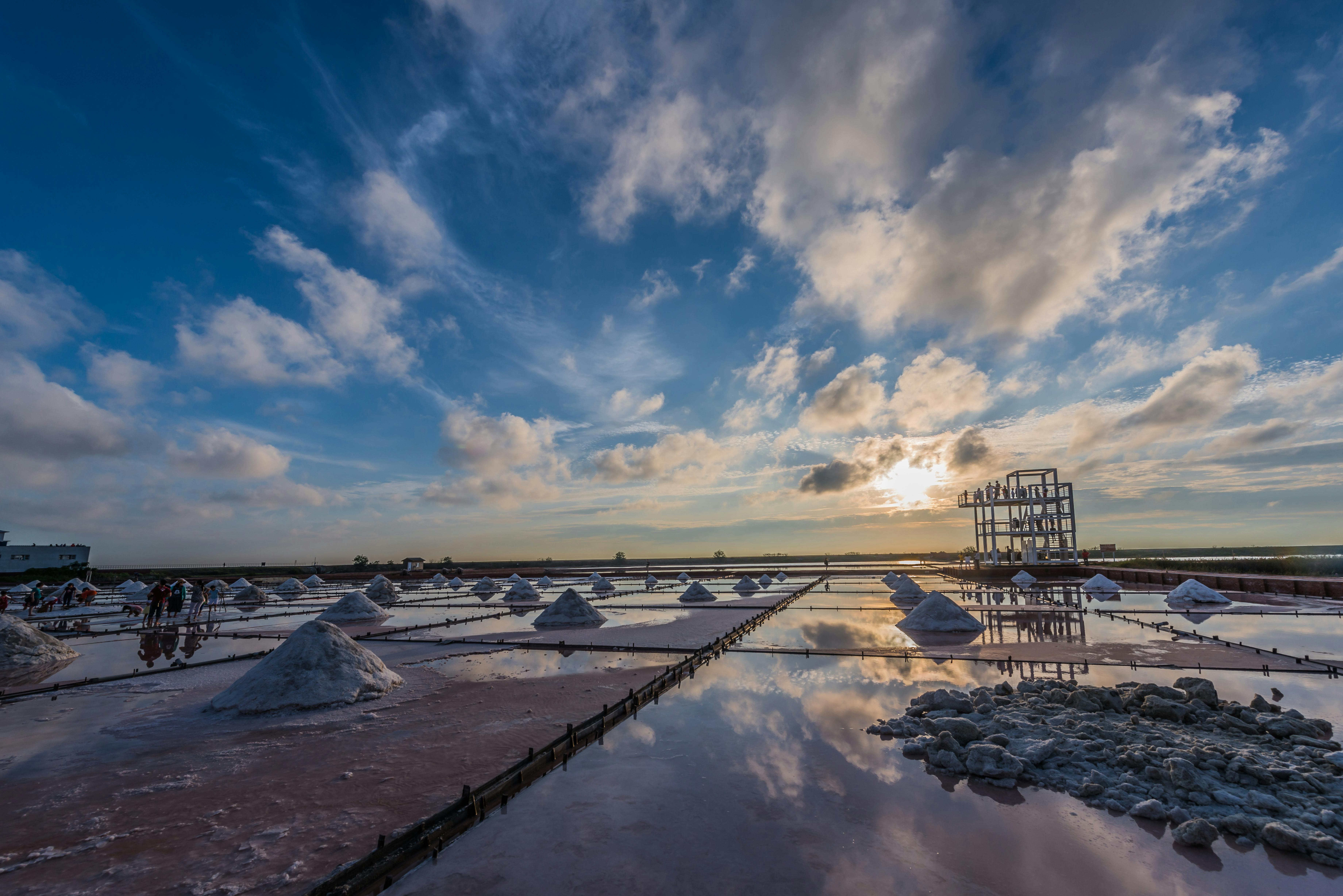How China Became the World’s Largest Hub for Critical Metals
Introduction
China’s to the top as the biggest for metals is a fascinating tale. It's shaped by history, smart government choices, & aggressive funding. This growth has put China at a spot in the worldwide supply chain for essential. These metals are for modern tech electric cars (EVs), renewable, & advanced electronics.
The Modern Mining Scene
In the 21st century, things have changed a lot China’s mining sector. Now, the nation leads as the largest producer of many critical metals like rare earth elements, lithium, cobalt, & nickel. By 2022, China was behind about 70% of the world’s rare earth production and over 87% of processing capacity. This control isn’t only due to having natural resources; it’s also about big investments and better tech in mining.
Strategic Government Policies
The Chinese government has been key in boosting this industry. They've rolled out policies that support mining growth—plus initiatives like the Belt and Road Initiative (BRI). These efforts made it easier for China to invest overseas in countries rich with resources. Through BRI, they formed partnerships & secured rights to mine in places like Africa, South America, & Asia this greatly improved their access to essential metals.
Vertical Integration and Global Supply Chains
China’s way of handling critical metals includes vertical integration. This means that Chinese companies don’t just mine; they also refine & process these minerals. This plan helps them keep great control over much of the supply chain from digging up metals to creating final products. For example, firms from China lead in refining nickel, lithium, & cobalt, which are necessary for making batteries. It’s tough for other nations to compete when China can set market prices because of their processing power.
The Role of Technology and Innovation
Tech improvements have been crucial for China's rise as a center for critical metals. The country has put a lot into research and development (R&D). This investment has led to better extraction & processing methods. Focusing on innovation helps Chinese companies boost efficiency and cut costs, giving them a stronger position in global markets.
Environmental & Geopolitical Issues Despite its success
there are worries about environmental sustainability & geopolitical strains due to China's leadership in critical metals. Extracting and processing these materials can harm the environment—drawing criticism from around the globe. Additionally, many in the West fear that China's grip on critical minerals makes supply chains weak especially with rising tensions between China & nations like the United States and Japan.
Future Outlook
Looking ahead, it's likely that China's role as the leading hub for critical metals will grow even stronger. The shift towards renewable energy and electric vehicles will raise demand for these important minerals. With well-established supply chains and strong processing capabilities, China is ready to meet this demand effectively. Still, other countries may seek more independence for themselves regarding critical minerals possibly changing global investment patterns.
Conclusion
China's rise to be the world’s biggest hub for critical metals is a complex journey driven by historical knowledge, smart government strategies, tech innovation, & strong global investments. As we see rising demand for these crucial resources continue on its upward path, China will remain a pivotal player shaping industries' futures that rely heavily on these essential materials.
